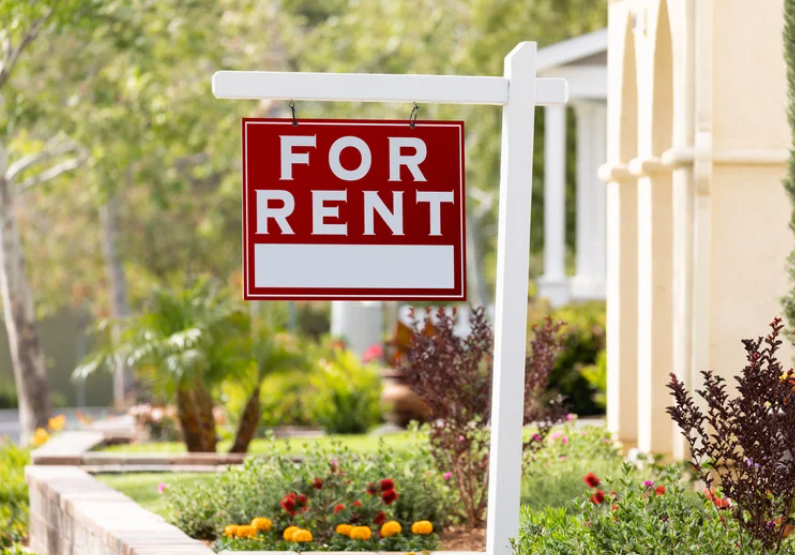Legal Challenges to New Short-Term Rental Regulations
The emergence of short-term rental platforms like Airbnb and Vrbo has transformed the landscape of the hospitality industry, providing homeowners with an opportunity to monetize their properties. However, this surge in short-term rentals has also prompted local governments to introduce regulations aimed at addressing various concerns associated with this new trend. As cities clash with property owners and rental platforms over new ordinances, legal challenges have surfaced, highlighting the ongoing struggle to strike a balance between economic growth and community wellbeing.
Understanding Short-Term Rental Regulations
Short-term rental regulations typically focus on issues such as registration requirements, limits on rental durations, and zoning laws. These regulations aim to mitigate concerns about neighborhood disruption, the potential for housing shortages, and maintaining the character of residential areas. For instance, cities might impose stricter limitations on the number of days a property can be rented out to ensure that homes remain available for long-term residents who require stable housing options.
The Economic Benefits of Short-Term Rentals
Advocates of short-term rentals point to their substantial contributions to local economies. They argue that these rentals generate increased tourism, create jobs, and provide supplemental income for homeowners. Many local businesses, such as restaurants and shops, also benefit from the influx of visitors. As a result, local governments may find it challenging to impose stringent regulations without risking economic downturns in tourism-reliant areas.
Concerns About Housing Affordability
Opponents of short-term rentals contend that they exacerbate housing affordability issues, particularly in urban areas. The conversion of residential properties into short-term rental units can lead to a reduction in the supply of long-term rental housing, driving up rents and making it difficult for residents to find affordable places to live. As cities grapple with rising housing costs, many view the proliferation of short-term rentals as a significant contributor to the overall housing crisis.
Neighborhood Character and Community Dynamics
In addition to economic concerns, communities are increasingly focused on preserving the character and dynamics of residential neighborhoods. Residents often express apprehension about the constant turnover of occupants in short-term rentals, which can contribute to a lack of community cohesion. Issues such as noise, parking shortages, and property maintenance can also become problematic as transient guests frequent these rentals, leading to tensions between neighbors and rental property owners.
Legal Battles and Implications
The legal challenges to new regulations often revolve around the rights of property owners to utilize their properties as they see fit versus the government’s interest in regulating activities that impact community welfare. Courts are now tasked with determining whether the regulations imposed by local officials are reasonable and if they infringe upon property rights. Recent cases have showcased these complexities, with some courts upholding strict regulations while others have struck them down, citing violations of property owners’ rights.
Future Considerations in Short-Term Rental Regulation
As cities navigate this contentious landscape, the future of short-term rental regulations remains uncertain. Policymakers must consider the varied interests of stakeholders, including homeowners, property managers, tourism advocates, and residents. Effective regulation may involve collaboration, where stakeholders engage in discussions to create equitable solutions that balance the economic potential of short-term rentals with the need for affordable housing and the preservation of community character.
Conclusion
In conclusion, the legal challenges surrounding short-term rental regulations illustrate the complexities of a rapidly evolving market. As cities work to formulate responsible policies that address economic benefits while safeguarding housing affordability and neighborhood dynamics, it becomes evident that a one-size-fits-all approach is insufficient. Ongoing dialogue among stakeholders will be crucial for finding balanced solutions that serve the interests of both the community and the economy.
FAQs
What are short-term rental regulations?
Short-term rental regulations are local laws designed to govern the operation of rental properties that are rented for short periods, usually less than 30 days. These regulations can include registration requirements, limits on rental days, and zoning restrictions.
Why are short-term rentals controversial?
Short-term rentals are controversial due to their potential impact on housing affordability, neighborhood stability, and local economies. Concerns include increased housing prices, neighborhood disturbances, and the loss of community character.
What legal issues are arising from these regulations?
Legal issues primarily revolve around property owners’ rights versus local governments’ interests in regulating land use. Courts must determine the legality and reasonableness of regulations imposed on short-term rentals.
How can communities best address the challenges posed by short-term rentals?
Communities can address challenges by engaging in dialogue with stakeholders, creating balanced regulations that accommodate both economic interests and community needs, and implementing measures to ensure compliance and enforcement of local laws.
What is the future of short-term rentals and their regulations?
The future of short-term rentals will likely continue to be shaped by ongoing legal battles, evolving community needs, and the economic landscape, necessitating flexible and adaptable regulatory frameworks.

